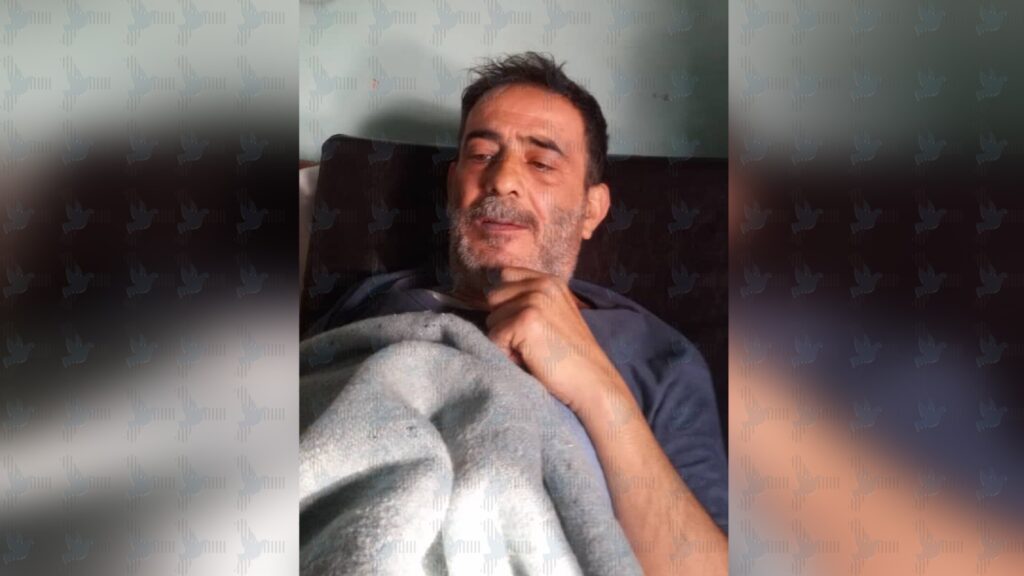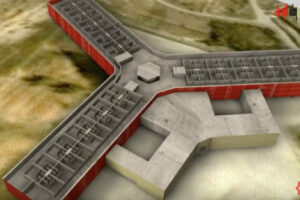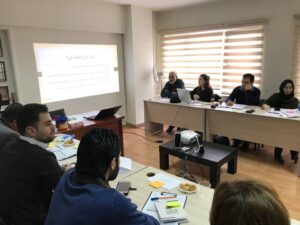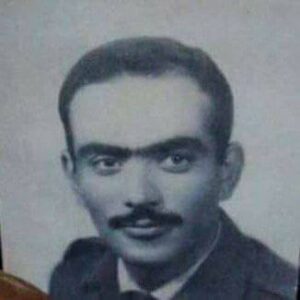On the morning of Friday, April 23, 2021, political detainee Nabil Ghaleb Khair passed away at the National Hospital in Suwayda due to an illness he developed while being held in Suwayda Central Prison. Born in 1967 in the town of Qanawat, located in the northern part of As-Suwayda Governorate, Khair was arrested by Syrian intelligence on June 4, 1991, while en route to his workplace in the Jezzine area of Lebanon.
Khair’s ordeal began with his capture by the Security and Reconnaissance Branch of the Military Intelligence Division in Anjar, Lebanon. Following his arrest, he was transferred to the Palestine Branch in Damascus. Over the course of approximately six months there, he endured severe torture that resulted in a fractured jaw and the loss of several teeth due to beatings and physical abuse.
Khair faced no specific charges, and no evidence was provided to substantiate the security report that led to his arrest. He was subsequently transferred to a Military Field Court, which sentenced him to death on vague charges of “conspiring with enemy factions and aiding them in war efforts.” This sentence was later commuted to life imprisonment. Throughout the legal process, Khair was denied the right to self-defense or legal representation and had no means to communicate with his family. He was eventually relocated to Seydnayah Prison, where he was isolated from visitors for 14 years until 2005.
While incarcerated in Seydnayah, Khair was diagnosed with sinus tachycardia. Despite multiple medical evaluations recommending his release on health grounds, Syrian intelligence authorities denied him permanent freedom and overlooked his deteriorating health condition. Notably, his character remained unbroken; he was gentle, good-natured, and compassionate. His time in prison didn’t stifle his artistic creativity; he continued to produce decorative artwork using the limited materials available to him.
As the Syrian revolution began and the regime cleared out Seydnayah Prison of its existing inmates, Khair was transferred to Suwayda Central Prison on June 25, 2011, where he remained until his death.
The Association of Detainees and Missing Persons in Seydnayah Prison offers its heartfelt condolences to the bereaved families, extending wishes of patience and comfort. The Syrian regime is held accountable for his demise, stemming from its unjust arrest and the subsequent denial of all his pleas for a retrial or a conditional (quarter-term) pardon. Notably, the regime also excluded him from any special pardon committees, despite his deteriorating health condition.
The Association also wants to note to both local and global human rights organizations that Khair’s situation is among 10 meticulously documented cases by the Association of Detainees and Missing Persons in Seydnayah Prison. These cases involve detainees held since the last century without specific charges filed against them. Subjected to torture, mistreatment, and unfair legal processes that fell short of basic standards for just trials, they have faced relentless detention by the Syrian regime. Despite most of them grappling with life-threatening illnesses, all requests for their release or medical consideration have been consistently ignored by the authorities.
The Association of Detainees and Missing Persons in Seydnayah Prison
April 23, 2021

